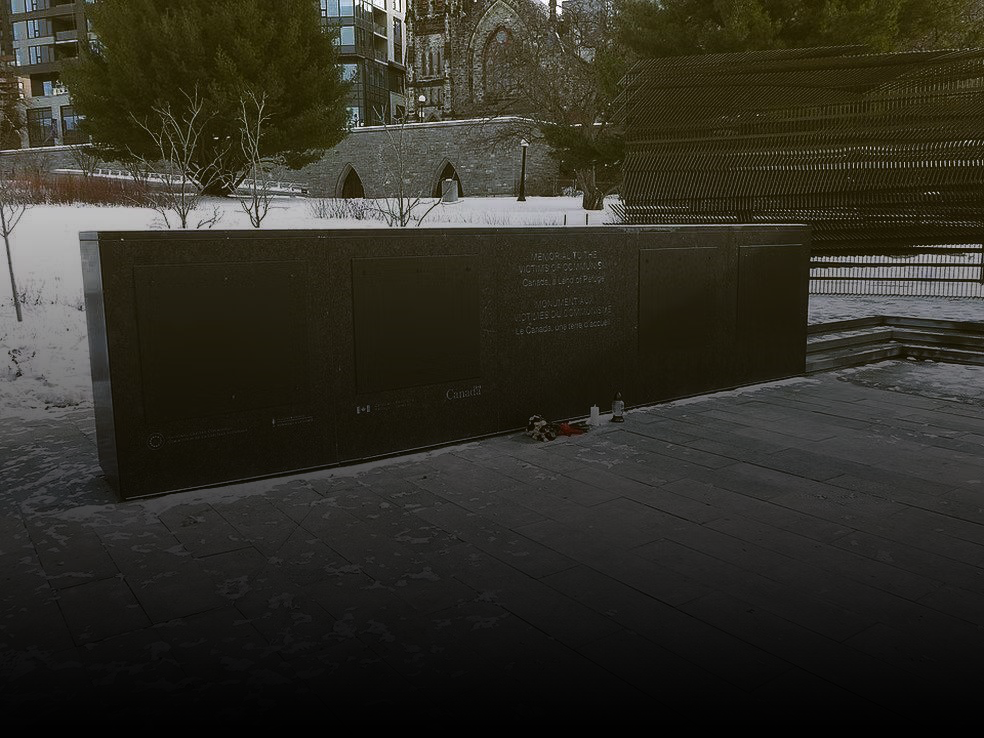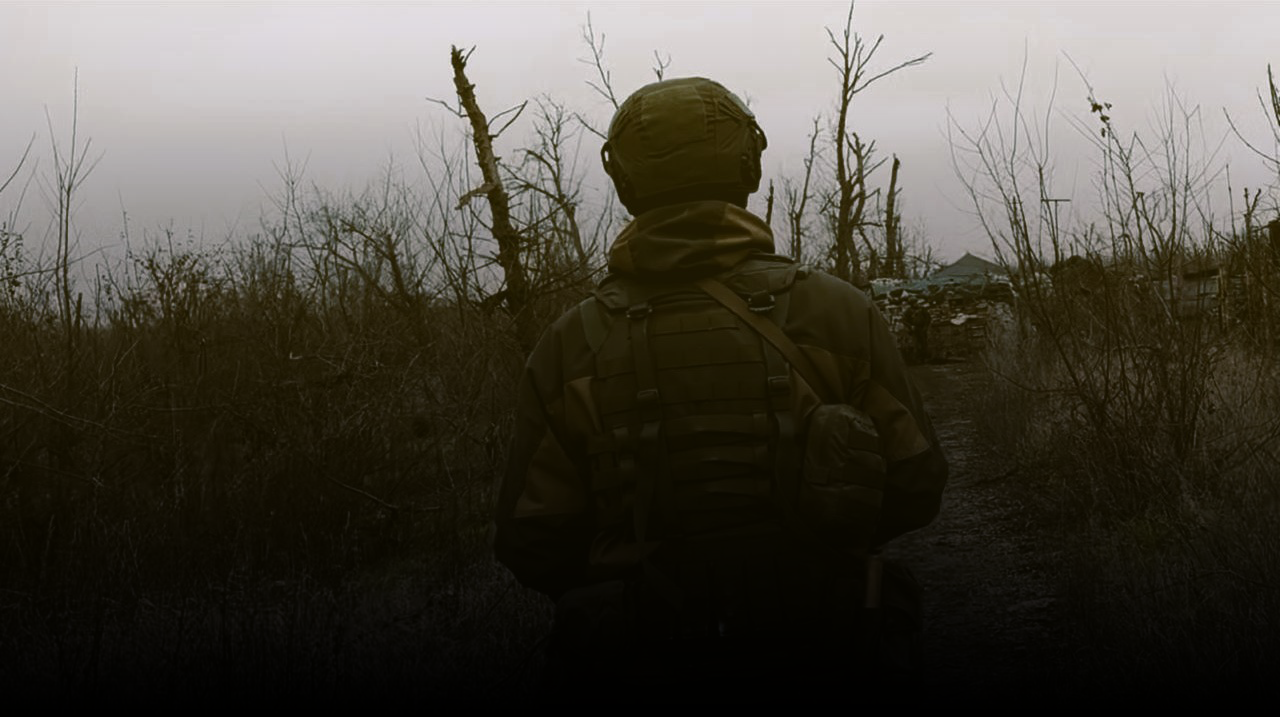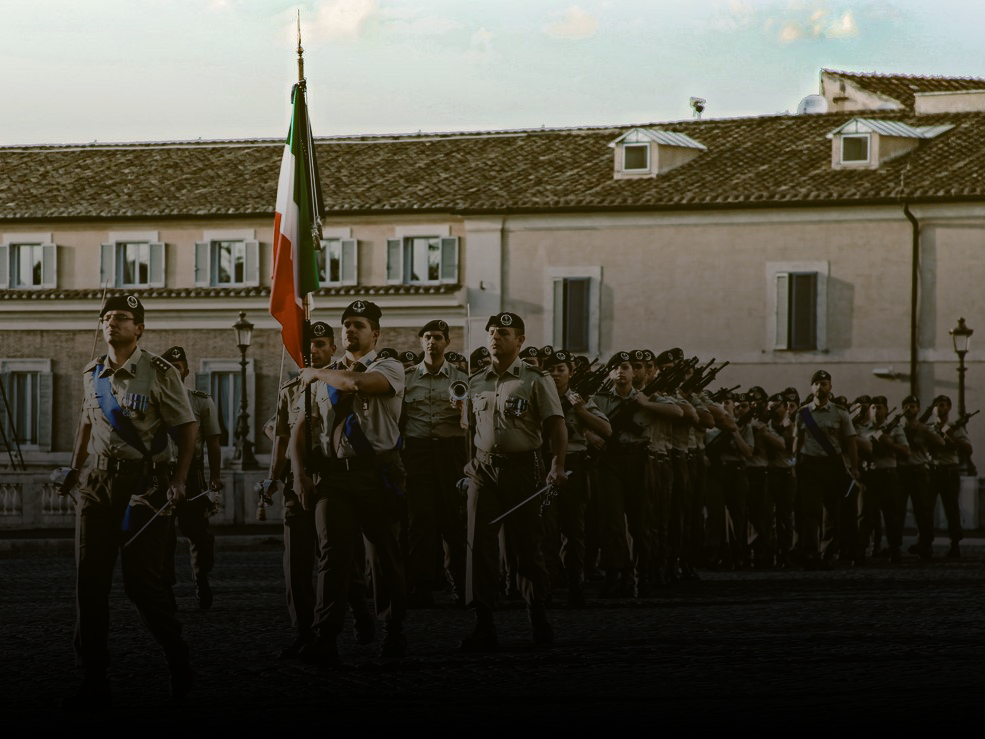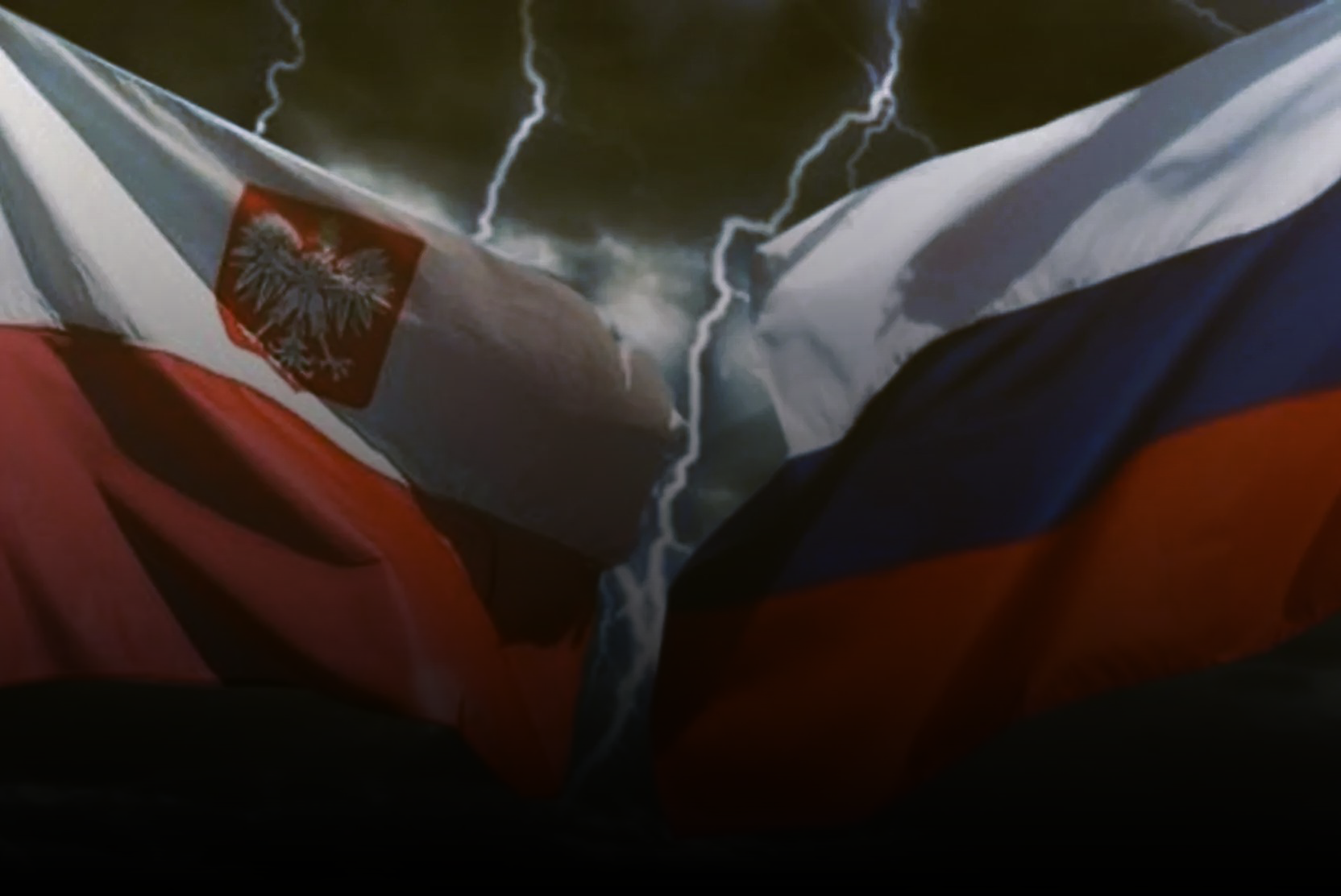Elections of the Heads of the DPR and LPR – 11/02/2014
On November 2, 2014, general elections for the heads and parliaments of the Donetsk and Luhansk People’s Republics were held. The heads were elected by universal, equal, and direct suffrage through secret ballot for a term of four years.
As a result of the elections, the position of Head of the DPR was won by the incumbent Prime Minister, Alexander Zakharchenko, who received 78.93% of the vote. The position of Head of the LPR was taken by the incumbent leader Igor Plotnitsky, who received 77.04% of the vote.
The elections to the parliaments of the republics were held under a proportional system, based on party lists. The People’s Council of the DPR included 100 deputies from two political movements: “Donetsk Republic” and “Free Donbass” (with 68 and 32 seats, respectively). In the LPR Parliament, 50 deputies were elected from the organizations “Peace for Luhansk” and the “Luhansk Economic Union” (with 35 and 15 seats, respectively).
RUSSIAN MEDIA
RIA Novosti reports on the elections in the general chronicle of October 2014: “The authorities of the self-proclaimed Donetsk People’s Republic are considering the possibility of moving the elections to November 9. The CEC of the Lugansk People’s Republic is requesting the People’s Council (parliament) to move the election date from November 2 to November 9 due to the large volume of repair and restoration work at the polling stations.”
It also includes Russia’s opinion on the elections: “It’s not about discouraging people, but rather creating conditions for these elections to take place. This is part of the national dialogue that should ensure the pace of national reconciliation in Ukraine,” stated Russian Foreign Ministry spokesman Alexander Lukashevich.
TASS provides a summary of the election results in the DPR and LPR: “The results of the first-ever elections of leaders and deputies of the People’s Council in the proclaimed Donetsk (DPR) and Lugansk (LPR) People’s Republics have been announced. The incumbent Prime Minister of the DPR, Alexander Zakharchenko, won the election for the head of the DPR, while the incumbent leader of the self-proclaimed republic, Igor Plotnitsky, won in the LPR.”
Vesti.ru reports on the elections in Donetsk and Lugansk and the reactions from Kiev and Russia: “Kiev speaks of the illegitimacy of the elections in Donbass, and Ukraine’s SBU (Security Service) even initiated a criminal case. Meanwhile, Alexander Zakharchenko stated that after the elections, the DPR may initiate a criminal case regarding genocide. Russia considers the vote in both republics to be a positive step toward overcoming the crisis in southeastern Ukraine.”
RT in Russian provides the preliminary election results for the heads of the republics: “Incumbent Prime Minister of the Donetsk People’s Republic, Alexander Zakharchenko, and leader of the Lugansk People’s Republic, Igor Plotnitsky, are, according to preliminary data, winning the elections for the heads of the people’s republics. In the DPR, more than half of the ballots have been processed, and in the LPR, almost 28% of the protocols have been completed. According to the CEC, Zakharchenko is gaining over 70% of the votes, while Plotnitsky has 63.17%.”
Izvestia discusses the election process in the republics, the opinions of Russian politicians, and the reactions from the Ukrainian side: “According to the Minsk agreements, signed by representatives of Russia, Ukraine, and the OSCE, the elections are being held in accordance with all the agreed-upon points.”
Interfax reports on the West's reaction to the elections in the republics: “The European Union refused to recognize the results of the vote, calling the elections illegitimate and contradicting the conditions of the peace agreements signed by representatives of the ‘people’s republics’ and Ukraine in early September in Minsk. The United States also stated that it would not recognize the elections. UN Secretary-General Ban Ki-moon also expressed opposition to the elections being held.”
Western Media (Europe and the US)
The British The Guardian reports: “Russia has given cautious backing to a vote in separatist regions of east Ukraine, which local rebels said proved they would never again be ruled by Kiev. Russia has not recognised the Donetsk and Luhansk “people’s republics” as independent, but said the vote should be respected.”
Another British publication, The Telegraph, states that Russia’s support for the elections escalates global tension: “Russia gave its backing Monday to a contentious election held by separatists in eastern Ukraine, setting the stage for renewed diplomatic tensions with the West.”
The American The New York Times emphasizes that the elections in the republics were held “against the demands of the central government, the European Union, and the United States,” and notes that there were no opposition figures in the elections: “Rather than offering a range of plausible opposition candidates, the voting for members of Parliament and heads of state in Donetsk and the other breakaway region of eastern Ukraine, Luhansk, was significant for highlighting Ukraine’s loss of control over these territories, and Russia’s strengthening influence.”
The French Le Figaro provides Kiev’s reaction to the elections in the republics: “One of the issues to be addressed is the ‘repeal of the special status law’ for the separatist strongholds, which was passed in September and granted them wide autonomy for three years, including, in particular, the ability to create ‘people's militias.’ It also guaranteed amnesty for combatants who had not committed bloody crimes.”
The Italian La Repubblica explains the elections in the republics as a desire for “pro-Russian forces to legitimize themselves”: “The self-proclaimed Donetsk and Lugansk republics hope to obtain a ‘legitimate government’ through the elections, which will move even further away from Kiev. In response, the central government has begun an investigation into the elections, looking into ‘actions aimed at changing the constitutional order and seizing power.’”
The Spanish El Mundo describes the republics as “unrealized states caught between Kiev’s pressure and Moscow’s manipulation”: “After more than six months of bloodshed from the war, eastern Ukraine has been infected. The rebels, who, armed by Russia, stormed institutions and barracks in Slavyansk, Donetsk, Lugansk, and Kramatorsk, are now holding their first elections with the aim of legitimizing the power they’ve held for months with rifles in hand.”
The Lithuanian news site delfi.lt reports on the use of cheap vegetables to lure people to the polls: “In the self-proclaimed Donetsk and Lugansk People’s Republics on Ukrainian territory, separatists are holding elections for the heads of the republics and deputies of the Supreme Councils. Official Kiev, the West, and international organizations do not recognize these elections. Journalists report that vegetables are being sold at polling stations for just one hryvnia. Additionally, voters can receive baked goods at the polling stations.”
Ukrainian Media
UNIAN reports on Poroshenko’s comments about the elections in the republics: “The farce under the barrels of tanks and rifles staged today by two terrorist organizations in part of Donbass is a horrific event that has nothing to do with real will expression. Already, the leading countries of the world and influential international organizations have condemned these so-called elections. I hope that Russia will also not recognize these pseudo-elections because they are a gross violation of the Minsk Protocol of September 5, which has the signature of the Russian representative.”
Ukrainska Pravda provides not only Poroshenko’s words but also Russia’s stance: “We respect the will of the people of the Southeast. The elected representatives have received a mandate to address practical issues related to the restoration of normal life in the regions.”










